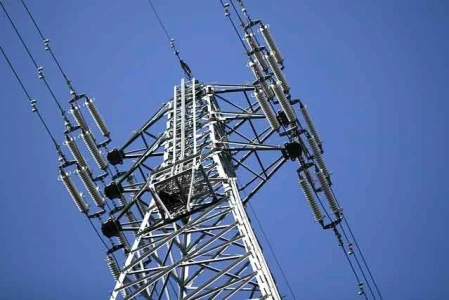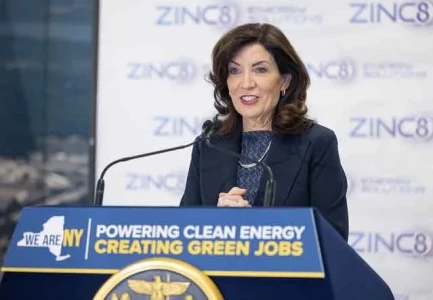Public Concern About Climate Change Drops 14 Points Since Last Year: What’s Behind the Shift?

Recent data from Abacus Data reveals a significant decline in public concern about climate change, with a 14-point drop reported since the previous year. This shift prompts important questions about the factors influencing public perception of climate issues and the implications for climate policy and advocacy. Understanding the reasons behind this decline is essential for re-engaging the public and fostering a collective commitment to addressing climate change.
The Current Landscape of Public Concern
According to the latest survey, only 55% of respondents express a high level of concern about climate change, a notable decrease from 69% the previous year. This decline indicates a waning urgency around an issue that has historically commanded significant public attention and activism. The survey highlights several potential reasons for this shift, providing insight into the evolving priorities of the public.
Key Factors Contributing to the Decline
1. Economic Pressures
One of the most prominent factors influencing public concern about climate change is the current economic landscape. With rising inflation, increased living costs, and supply chain disruptions, many individuals are prioritizing immediate financial concerns over long-term environmental issues. As people grapple with daily challenges, climate change may feel more abstract and less pressing.
The economic uncertainty has shifted public discourse towards urgent matters such as energy prices, job security, and overall economic stability. This shift often leads to a decreased focus on climate change, as people seek immediate relief rather than long-term solutions.
2. Competing Crises
In addition to economic pressures, the public's attention has been diverted by a series of competing crises. The ongoing impacts of the COVID-19 pandemic, geopolitical tensions, and natural disasters have dominated headlines and conversations. As these immediate crises require urgent responses, climate change may be relegated to the background.
Furthermore, the visibility of extreme weather events, while often associated with climate change, has not necessarily translated into heightened concern among the public. Instead, the focus may shift to short-term recovery efforts rather than long-term climate strategies.
3. Political Polarization
Political polarization also plays a significant role in shaping public attitudes towards climate change. In many regions, climate change has become a contentious political issue, with opinions often aligned along partisan lines. This polarization can lead to skepticism and disengagement from climate discussions, particularly among those who may not prioritize environmental issues.
As climate change becomes increasingly politicized, individuals may feel alienated from the conversation, leading to decreased concern and engagement. The challenge lies in reframing climate action as a non-partisan issue that benefits all citizens, regardless of political affiliation.
4. Perceived Efficacy of Action
Another critical factor influencing public concern is the perception of the effectiveness of climate action. Many individuals may feel disillusioned by the pace of progress on climate initiatives and skeptical about the impact of their actions. If people believe that their efforts will not lead to meaningful change, they may become apathetic towards climate advocacy.
The sense of urgency surrounding climate change may diminish when individuals feel overwhelmed by the scale of the problem or uncertain about how to contribute effectively. Reinvigorating public commitment to climate action may require a renewed focus on the tangible benefits of sustainable practices and policies.
The Way Forward
To address the decline in public concern about climate change, a multifaceted approach is essential. Here are some strategies that could help re-engage the public:
-
Connecting Climate to Immediate Concerns: Advocates should emphasize the direct links between climate change and pressing issues such as economic stability, public health, and community resilience. Demonstrating how climate action can lead to immediate benefits may help to realign public priorities.
-
Fostering Dialogue Across Divides: Efforts should be made to create spaces for open dialogue around climate issues that transcend political divides. Encouraging collaboration among diverse stakeholders can help bridge gaps and promote a shared understanding of the importance of climate action.
-
Highlighting Success Stories: Sharing successful examples of climate initiatives that have led to tangible outcomes can inspire hope and motivate action. Highlighting local and global successes can foster a sense of efficacy and agency among individuals and communities.
-
Reinforcing Education and Awareness: Ongoing education about the impacts of climate change and the urgency of action is critical. Initiatives aimed at raising awareness, particularly among younger generations, can help cultivate a culture of climate consciousness.
Conclusion
The recent drop in public concern about climate change serves as a wake-up call for advocates and policymakers alike. By understanding the factors contributing to this decline, stakeholders can develop strategies to re-engage the public and foster a renewed commitment to addressing one of the most pressing challenges of our time. As the world grapples with immediate crises, the need for collective action on climate change remains urgent, and finding effective ways to communicate its relevance to everyday life is essential for a sustainable future.








